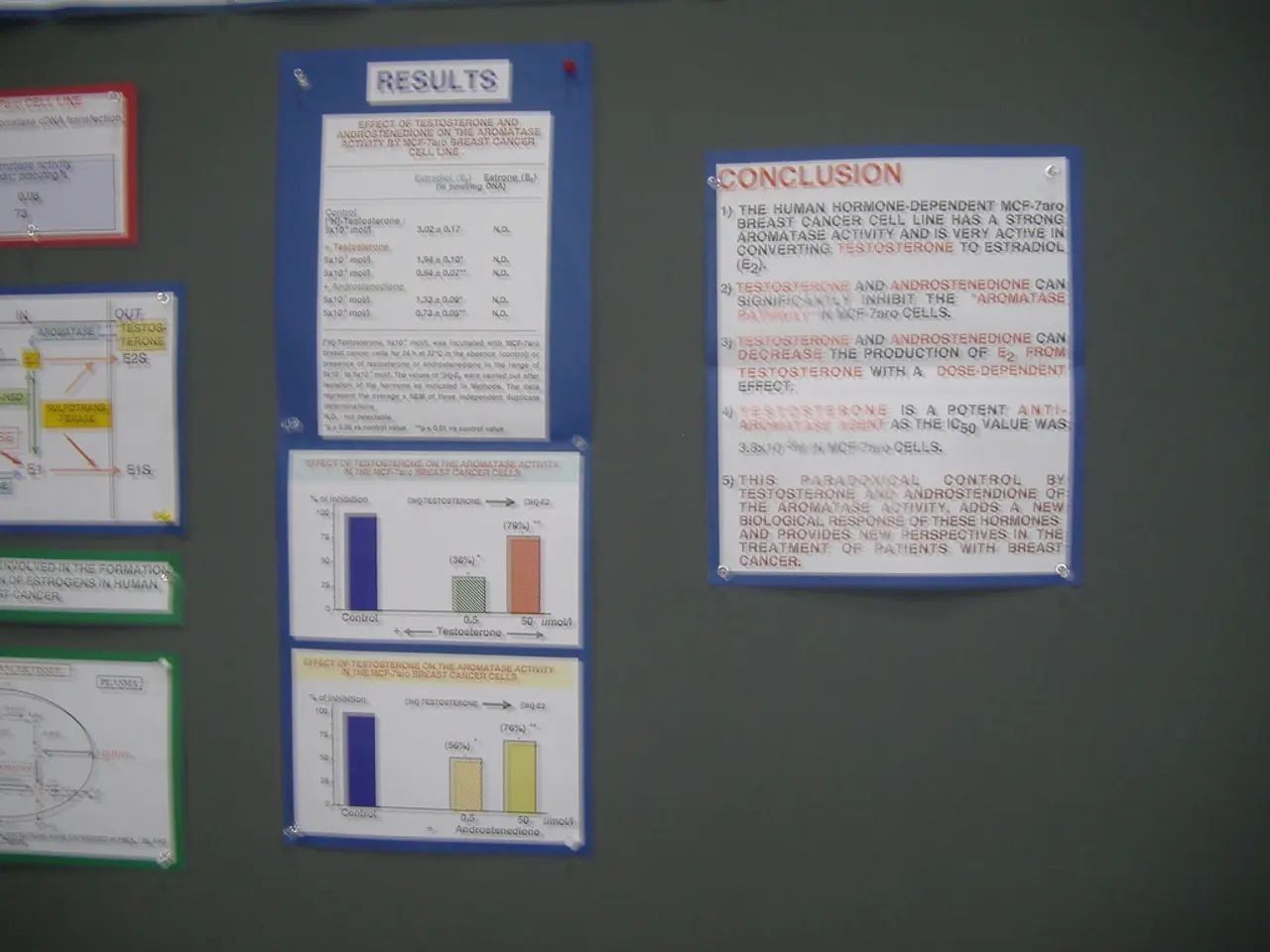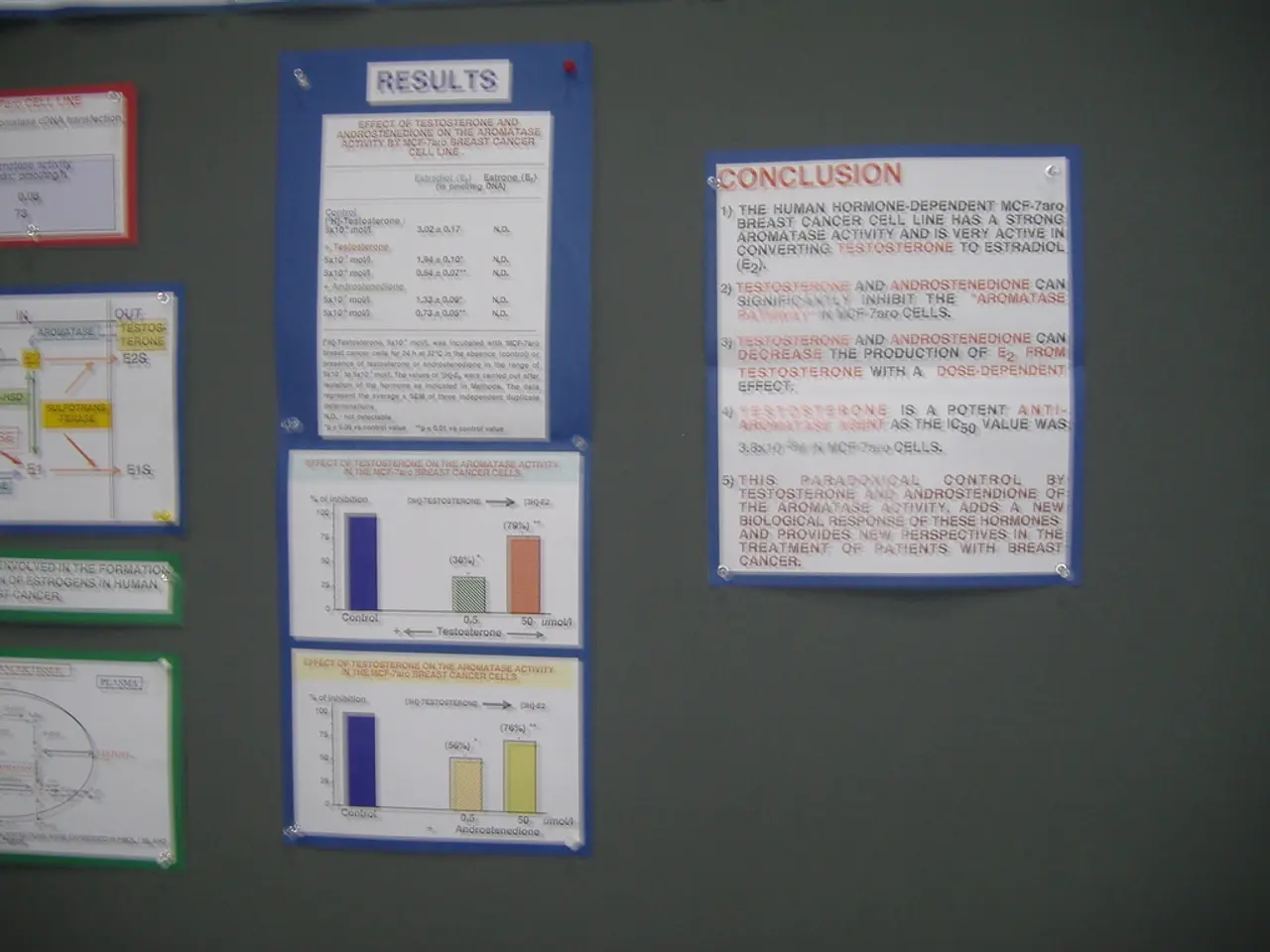News Article: Exploring German and British Idioms - A Comparative Study
Time's Up: The Countdown Concludes
In the world of language and culture, idioms provide a fascinating glimpse into the mindset and values of different societies. Two such idioms, rooted in the traditions of Germany and Britain, offer insights into contrasting approaches to tackling tasks and decisions.
The German idiom, "auf die lange Bank schieben," translates to "to push something onto the long bench." This idiom signifies the act of postponing or delaying something, often a problem or task that one wants to avoid or finds inconvenient at the moment. The British counterpart, "Pushing something to the long grass," means to ignore or postpone a task or decision.
The origins of these idioms are as intriguing as their meanings. The German idiom is believed to have originated from the practices in old German universities or courts. The "lange Bank" (long bench) was a seating area far away from the center of activity—like a bench at the back of a courtroom or meeting room. When a matter was deferred, it was metaphorically "sent to the long bench," meaning it was sidelined and not addressed immediately.
Another theory suggests that the idiom stems from the German craftsmen or workshops, where work items waiting to be processed were placed on long benches. Items placed there awaited their turn and thus were effectively postponed.
In contrast, the British idiom has agricultural roots. It originated from the practice of leaving unwanted matters to grow in long grass, where they would be forgotten or become unmanageable. The motto could be "Don't let things grow in the grass."
The advice against both idioms is to tackle tasks and decisions promptly, even if not immediately, to avoid potential problems. Procrastination is not preferred. The adage suggests that putting things off can lead to regret and missed opportunities. The motto is "Special is now" and "Seize happiness when it's ready and not wait for special moments."
While both idioms share a similar meaning, they highlight different approaches to tackling tasks and decisions. The German idiom encourages immediate action, while the British idiom, with its relaxed connotation, suggests a more leisurely approach to immediate action.
In conclusion, these idioms offer a unique perspective on the values and mindset of German and British cultures. They serve as a reminder that the way we approach tasks and decisions can greatly impact their outcomes and that prompt action is often the key to success.
- Engaging in education-and-self-development and personal-growth can help one adopt a proactive approach to tackle tasks and decisions, contrasting the idiomatic expressions "auf die lange Bank schieben" (German) and "Pushing something to the long grass" (British), which signify procrastination.
- Embracing a lifestyle that values prompt action, rather than postponing tasks or decisions, can lead to success, as demonstrated by the origins and meanings of the German and British idioms.




